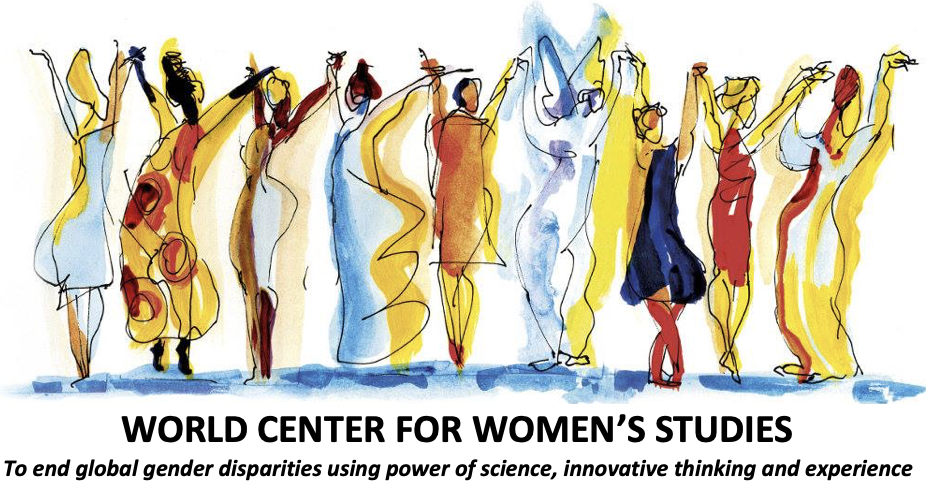In 2014, Eric Garner died in New York City from an illegal chokehold; his last words were “I can’t breathe.” Almost six years later, in a chilling moment of history repeating itself, George Floyd died in Minneapolis, repeating “I can’t breathe” over and over as a police officer knelt on his neck for nearly nine minutes. This took place almost two months after Breonna Taylor, an unarmed, black, EMT was shot to death while sleeping by police officers moments after they forced entry into her apartment. These cops were in the wrong house, in the wrong part of town, and—as of today—face no charges for the murder of Ms. Taylor. Her boyfriend, Kenneth Walker, after firing a gun he was licensed to carry at what he thought were intruders, was arrested and faced criminal charges of first-degree assault and attempted murder of a police officer. Walker’s charges were dropped two months later after widespread public outcry condemning his arrest.
If you have not been paying attention to the tense state of affairs between minorities—specifically black people—and the police, the current protests and outrage at the killing of George Floyd might seem out of place. But they aren’t.  The problem is not just with the police, it is with the systemic racism and prejudice that allows police officers to kill unarmed black people on camera and face no repercussions. It is with the system that alarmingly allows black men to be incarcerated at higher rates than any other race, so much so that the United State’s prison system has been likened to modern slavery and slave patrols. It is with the system that creates specific policies and programs that disproportionately target black people like stop and frisk policies in New York and the war on drugs. It is with the system that works to keep black people financially and geographically trapped with redlining and predatory loans. It is with a system that punishes black children for wearing their hair in a culturally celebratory way. It is with a system that has told us in so many words that black lives don’t matter.
The problem is not just with the police, it is with the systemic racism and prejudice that allows police officers to kill unarmed black people on camera and face no repercussions. It is with the system that alarmingly allows black men to be incarcerated at higher rates than any other race, so much so that the United State’s prison system has been likened to modern slavery and slave patrols. It is with the system that creates specific policies and programs that disproportionately target black people like stop and frisk policies in New York and the war on drugs. It is with the system that works to keep black people financially and geographically trapped with redlining and predatory loans. It is with a system that punishes black children for wearing their hair in a culturally celebratory way. It is with a system that has told us in so many words that black lives don’t matter.
These are just a few ways in which black people face systemic oppression and in which they are kept as second class citizens in a country that their ancestors literally built with their blood, sweat, and tears. From the inception of this country, systemic racism, and prejudice have worked together to ensure that black people are seen as threats to the public and are treated as such. In the early days of slavery, black men were seen as violent, dangerous brutes, and black women were portrayed as sexual deviants. Now, the modern image of black men has ‘evolved’ into the image of thugs and criminals, and the image of black women, although remaining heavily oversexualized, has gained the image of welfare queens. America has always worked to maintain a dehumanizing image of black people in this country, dismissing any accounts that may say otherwise, not only writing but teaching history through this rigid lens.
Systemic inequality affects black people at extremely high rates, with black women facing higher rates of systemic oppression due to the intersection between their race and gender. Black women face discrimination in the workplace and are more likely to be victims of workplace harassment. They have to work to conform to western beauty standards in order to have a higher chance of getting gainful employment. Black women are also oversexualized in the media, their looks and bodies scrutinized and examined in dehumanizing ways for public consumption. Black women have to live with systemic oppression for being black and for being women and so are at the forefront of social justice movements. Although at the forefront of many social justice movements, they are often left out of the conversations that take place; their experiences along with their work and presence, cast aside. The image and existence of black women are once again treated as disposable. This has been true historically and is still true currently. There cannot be a black revolution without black women and the centering of black women’s struggles.
Right now, we are at the cusp of a revolution that could permanently change the way that American societies are shaped. This cannot be complete without including the struggles of black women. The changes that have resulted from the murder of George Floyd should not make protesters complacent or be seen as a victory. They are only small first steps in the right direction. Four hundred plus years of systemic oppression and violence cannot be undone with three weeks of protests. Protesters and their allies need to keep this momentum going. Being critical of the images of black people you consume matters. Black women matter. Black queer folks matter. Black lives matter.
Written by: Ebehitale Imobhio
Featured Photo Credit: Leonhard Lenz (30 May 2020)





Howdy! I just wish to give you a big thumbs up for the great info you have got here on this post. I am coming back to your web site for more soon. Manda Wallas Jimmy
I have read some just right stuff here. Certainly value bookmarking for revisiting. I wonder how a lot attempt you set to create this kind of magnificent informative website. Diann Ambrosius Fahey
I blog often and I genuinely appreciate your content. This article has truly peaked my interest. I am going to take a note of your website and keep checking for new details about once per week. I subscribed to your Feed too. Katalin Hamlen Hike
Very good article. I will be facing many of these issues as well.. Lois Artur Straub